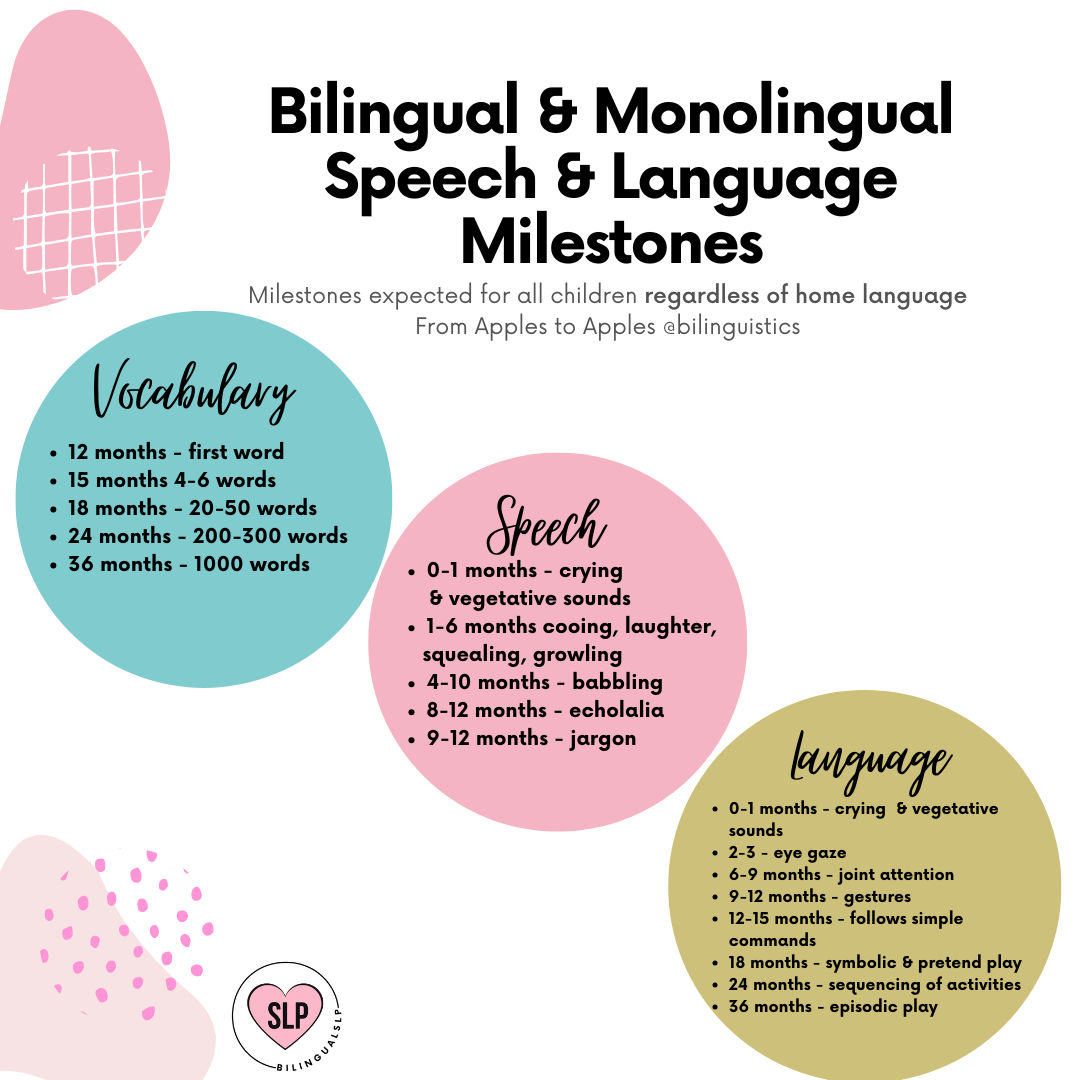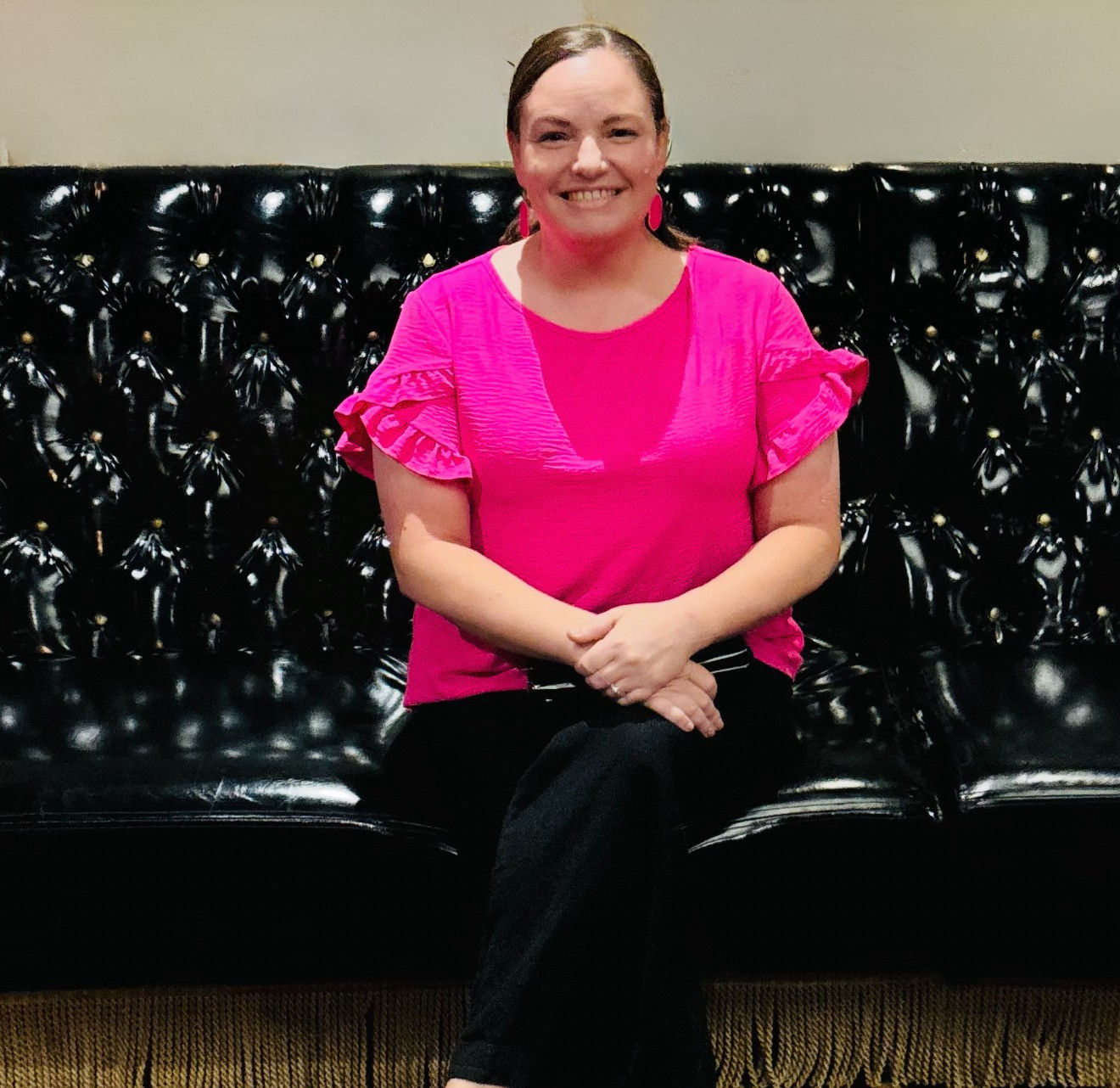Educational Therapist | Adaptive Learning & Literacy Specialist
Finally Leave Work at 5pm. Every Day. | EASI fo...
SLPs spend 15+ hours a week on paperwork. Caseloads of 60, 70, even 80 students. IEPs that take hours to prep, run, and follow up. Scheduling that feels like solving a Rubik's cube blindfolded. And after all that, you still have to find time to actually do therapy.
Research shows that when caseloads cross 45 students, nearly half of SLPs say their workload is unmanageable. At 60 or more, that number climbs to 70%. And 75% of school-based SLPs have considered leaving the field entirely.
We built EASI because we are SLPs, and we have lived this.
EASI is a HIPAA-secure platform that includes MySLP (My Second Look Protocol), a clinical assistant trained on every state's IEP eligibility criteria and years of proprietary clinical data. It does not think for you. It helps you verify whether your clinical decisions are sound or need a second look.
The platform also includes language sample analysis that transcribes speech in context, including filler words and disfluencies, and calculates MLU, IPSyn, percentage of consonants correct, and more. Coming soon: a record review feature that compiles your test scores, previous reports, and IEPs into comprehensive evaluations.
And yes, MySLP can help with scheduling. Put your caseload and available times in, and it generates a schedule for you.
We are looking for beta testers before our early 2026 launch. If you want early access, sign up here.

Excited to share that Speak & Play is now live! This new platform, built on NSF-funded technology, gives families real feedback on children’s speech and language right from home. Parents upload short audio clips of their child speaking, and get personalized, research-backed ideas for supporting language growth: no diagnostic labels, just practical help.
Speak & Play offers accessible, clinician-designed tools for early intervention and ongoing language support. Our goal is to bridge the gap for families, clinics, and schools facing long waitlists or limited specialist access. The platform is ready to use, and we’re always open to feedback from SLPs, educators, and parent advocates.
If you’d like to learn more, connect with me or visit https://speakandplay.ai. Let’s help more families find the support they need, when they need it.
Excited to share that Speak & Play is now live! This new platform, built on NSF-funded technology, gives families real feedback on children’s speech and language right from home. Parents upload short audio clips of their child speaking, and get personalized, research-backed ideas for supporting language growth—no diagnostic labels, just practical help.
Speak & Play offers accessible, clinician-designed tools for early intervention and ongoing language support. Our goal is to bridge the gap for families, clinics, and schools facing long waitlists or limited specialist access. The platform is ready to use, and we’re always open to feedback from SLPs, educators, and parent advocates.
If you’d like to learn more, connect with me or visit https://speakandplay.ai. Let’s help more families find the support they need, when they need it.

EASI: Speech & Language Analysis for Clinical a...
School-based SLPs, we're seeking clinical partners for EASI beta testing. This evaluation platform was developed through National Science Foundation Phase 2 funding by a team of speech-language pathologists, data scientists, engineers, and special educators.
EASI provides comprehensive analysis in 15 to 30 minutes, record review reports, and secure AI assistance for case consultation. The system helps you brainstorm complex cases, verify your clinical findings, and develop therapy plans within a HIPAA and FERPA compliant environment. Unlike general AI platforms, EASI was purpose-built for clinical workflows with student privacy protections integrated from the ground up.
Join the beta program at Liricare.com. Your feedback will shape tools designed by field experts who understand the demands of school-based assessment and the ethical requirements of working with student data.
Sign up to be a beta tester today! https://easi-as.com/#card-v1ul56zcfdrd9j5

Subscribe & Download (4,000+) One Year+ Educati...
I have been learning AI to develop more materials for speech, language, pre-reading and Pre-K through elementary. I have devloped about 5,000 storybooks, games, mazes, activity sheets and more at https://www.slpstorytellers.com/register-2/ Feel free to check them out. If you are not interested in subscribing now, you can download a free sample. Enjoy!

SPECIAL EDUCATOR|TLM SPECIALIST|CPD|ASDAN|ABA INTERVENTION|AAC INTERVENTION.
HEAD BANGING IN CHILDREN WITH SPECIAL NEEDS
Head banging is a type of self-injurious behavior commonly seen in some autistic individuals, often used as a way to cope with overwhelming sensory input or emotional distress.
It can be triggered by sensory overload, frustration, anxiety, pain, or a desire for deep pressure input — making it essential to identify the root cause before addressing the behavior.
✨ Let’s talk about:
Why head banging happens
What it tells us about the child’s needs
And how we can respond safely and effectively
SPECIAL EDUCATOR|TLM SPECIALIST|CPD|ASDAN|ABA INTERVENTION|AAC INTERVENTION.
In the world of special education, communication is the foundation for meaningful growth. ✨
Recently, I worked with a vibrant 5-year-old student named Adam. Although he could vocalize words, he struggled with purposeful communication. His needs for toys, food, and assistance often went unmet simply because he lacked an effective way to express them.
Through the use of Functional Communication Training (FCT), we introduced structured, meaningful alternatives to his communication attempts. By teaching Adam simple, functional phrases paired with visual supports, we opened a door, empowering him to replace frustration with connection.
Functional communication isn't just a strategy; it's a critical step toward autonomy, dignity, and learning.
Today, I’m sharing a glimpse into how FCT can transform a child's world, one request at a time.
"bilingual children talk later"
I hear this ALL the time and it is NOT true! Early language milestones are similar for bilingual and monolingual children. If a child is not meeting these milestones, you should talk to a speech-language pathologist!
What questions do you have about bilinguals?

SPECIAL EDUCATOR|TLM SPECIALIST|CPD|ASDAN|ABA INTERVENTION|AAC INTERVENTION.
Why Is He Always Throwing Things
When I first met Ayaan (name changed), a 5-year-old autistic boy in my classroom, his days were filled with unpredictability, for both of us. He would run to the door multiple times, throw toys across the room, and burst into giggles at seemingly random moments. Verbal instructions didn’t land. He seemed inattentive, overwhelmed, and unreachable.
One morning, as I was picking up the same toy he had thrown for the fourth time, I paused and asked myself: "What if this isn’t misbehavior? What if this is a cry for structure?"
That simple question changed everything.
We started small: a visual schedule with just four steps, a consistent arrival routine, and movement breaks between tasks. Within weeks, he began checking the visual chart on his own. The throwing lessened. He stayed longer at the table. And for the first time, he waited in line during snack time.
It wasn’t magic. It was predictability, and it made his world feel safer.
Unlock the Power of Rating Scales in Your SLP E...
As SLPs, we know the importance of seeing the full picture. My new blog post explores how incorporating rating scales from various stakeholders – parents, teachers, and students – can significantly enrich our understanding of a child's functional communication abilities across different environments. "Unlock the Power of Questionnaires/Rating Scales in Your SLP Evaluations" provides actionable strategies for a more comprehensive and collaborative assessment process.
Read the article: https://mrsspeechonline.blogspot.com/2025/04/unlock-power-of-rating-scales-in-your.html
#slp #speechandlanguage #communication #assessmentandevaluation #interprofessionalcollaboration #functionalcommunication






